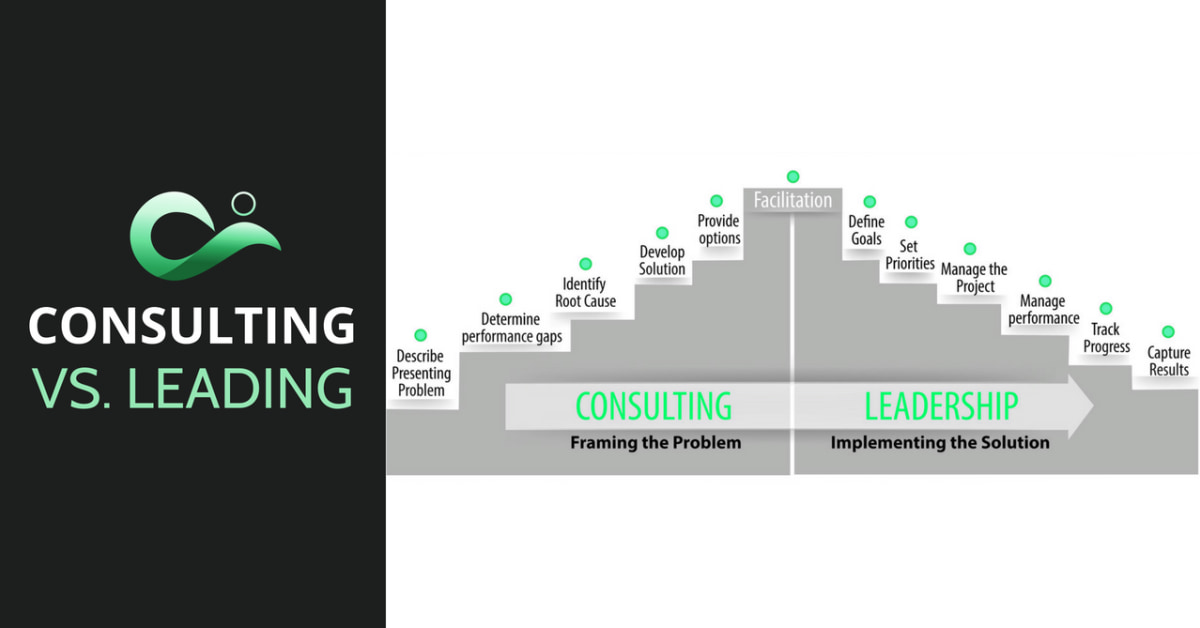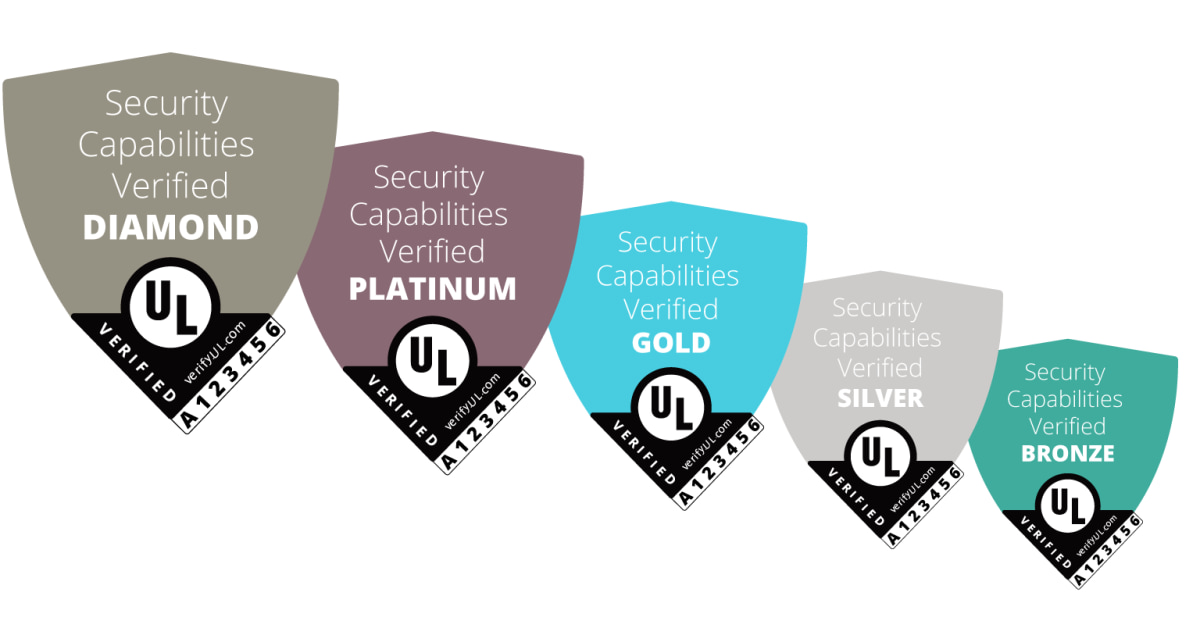Latest News
Harnessing Emotional Intelligence The Secret Sauce of Successful CEOs
In the modern business landscape, the role of a CEO extends beyond just overseeing operations and ensuring profitability. Today’s successful CEOs embody a trait that significantly contributes to their effectiveness and, by extension, the success of their organizations—Emotional Intelligence (EQ). A riveting video titled “Unleashing the Power of Emotional Intelligence in CEOs” delves into this…
Read MoreUnderstanding the Differences: Advisory vs Consulting Services
Explore the nuances of advisory and consulting services, and learn about the top boutique firms in the industry.
Read MoreServices Offered by IT Consulting Firms
A Comparison of Advisory vs Consulting and Types of Consulting Services Offered by the Top IT Consulting Firms
Read MoreUnderstanding the Differences: Advisory vs Consulting Services
Discover the key differences between advisory and consulting services, as well as the top management consulting firms in the industry.
Read MoreUnderstanding Tier 2 Firms: A Comprehensive Overview
Exploring Different Types of Consulting and Top Firms in the Industry
Read MoreServices Offered by Tier 2 Firms
Understanding the Different Types of Consulting Services and Top Tier 2 Firms in the Industry
Read MoreUnderstanding the Differences Between Advisory and Consulting Services
Discover the key distinctions between advisory and consulting services, including management and financial consulting, and learn about the top tier 1 firms in the industry.
Read MoreThe Advantages of Advisory Services: A Comparison with Consulting
Discover the benefits of advisory services compared to consulting and find the right fit for your business. Learn about different types of consulting and top firms in the industry.
Read MoreUnderstanding the Differences: Advisory vs Consulting
A Comprehensive Overview of Management Consulting
Read MoreUnderstanding the Different Types of Consulting Services
Exploring the Differences Between Advisory and Consulting Services
Read MoreUnderstanding Advisory vs Consulting: Which Service is Right for You?
A comprehensive guide to understanding advisory and consulting services, including types of consulting and top firms in the industry.
Read MoreServices Offered by Tier 1 Firms: A Comprehensive Guide
A Detailed Look at Management, Financial, and Other Types of Consulting Offered by Top Firms
Read MoreUnderstanding the Differences Between Advisory and Consulting Services
A Comparison of Advisory and Consulting Services, Types of Consulting, and Top Firms in the Industry
Read MoreThe Top IT Consulting Firms: A Comprehensive Guide
A Comparison of Advisory vs Consulting Services and the Top Firms in the Industry
Read MoreTop Boutique Consulting Firms: A Comprehensive Comparison of Advisory vs. Consulting
Discover the Top Boutique Consulting Firms and Determine the Best Type of Consulting for Your Needs.
Read MoreServices Offered by Boutique Firms: A Comprehensive Overview
A Comparison of Advisory vs Consulting Services and Types of Consulting Offered by the Top Boutique Firms
Read MoreThe Benefits of Consulting: A Comprehensive Guide
If you’re considering consulting services, this article will cover everything you need to know about the benefits, types of consulting, and top firms in the industry.
Read MoreA Comprehensive Look at Top Tier 2 Consulting Firms
Discover the top tier 2 consulting firms and compare their services to determine which one is best for you. Learn about different types of consulting and the industry’s leading companies.
Read MoreExploring the Top Tier 1 Consulting Firms: A Comparison of Advisory vs Consulting Services and the Best in the Industry
This article delves into the differences between advisory and consulting services, as well as the top firms in the industry that offer these services. It’s a must-read for anyone looking to make an informed decision about which type of consulting may be best for their needs.
Read MoreTop Financial Consulting Firms: A Comprehensive Guide
Discover the top financial consulting firms and learn about the differences between advisory and consulting services to find the best fit for your needs.
Read MoreUnderstanding the Definition of Consulting
Exploring the Different Types of Consulting and Top Firms in the Industry
Read More




















